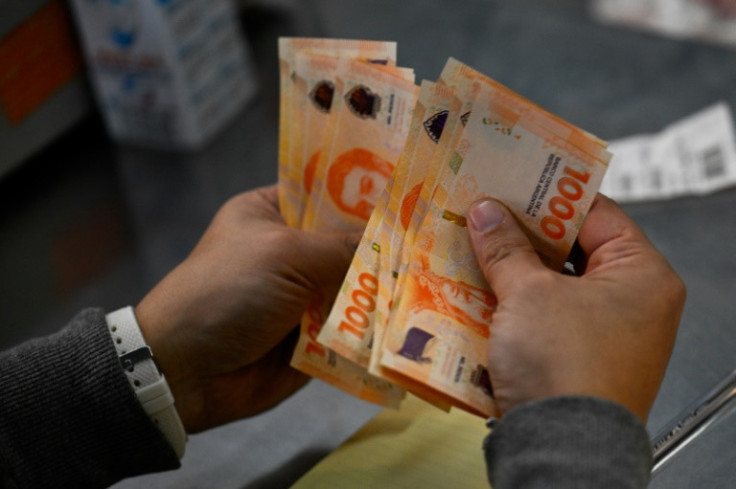The Path Ahead: Unraveling the Dynamics of Emerging Market Currencies in 2024
The decline in the Eurozone area economies, notably Germany, that are in or near entering recession would, alongside high oil prices, suggest Euro weakness going forward.

If China slows significantly and Europe does too, and that leads to significant stimulus, then EMs with a heavy commodity focus or little hard currency debt would be well positioned to perform as traders and companies look to gain on the back of those activities.
Some say the same trend will persist in 2024. Do you agree? Which region will outperform and lag, and why?
The reshoring drive, US elections, and likelihood of unorthodox economic policy means Mexico feels like an EM could outperform; the peso has also started to strengthen against the dollar after two decades of decline.
Which specific currencies are you most bullish, and most bearish on?
The decline in the Eurozone area economies, notably Germany, that are in or near entering recession would, alongside high oil prices, suggest Euro weakness going forward.
Elsewhere, the basket of Gulf state currencies owing to the strength of oil and gas prices and the huge focus on domestic economic spending, make for a bullish case – it's clear that the UAE has become, and Saudi Arabia intends to become, global confluence for trade, investment, luxury, living, and services.
What is your current stance on EM FX, given the recent rally?
I'm not sure on which rally your specifically referring to, but Asian FX has been impacted by the appreciation of the green back and high interest rates causing a flight to safety.
For EM countries with large dollar debt tranches, that's going to cause a serious fiscal drag as spending decreases and the tax take rises.
Are you very/mildly bullish or bearish, neutral?
It's a huge year politically in 2024, with elections due in the USA, UK, India, Mexico, Indonesia, European Parliament, among others, so that's going to have a dramatic effect on FX movements as it becomes who will lead and how bullish or measured, they will be.
The macro picture is really mixed, and the US debt ceiling issues coupled with an expensive dollar and high interest rates have got to cause pain at some point somewhere.
Is it still the Fed and the impact on US yields and dollar, or is it EM growth, China growth, geopolitical risks?
The picture you're seeing right now is a combination of all those factors, but clearly some EM countries are more impacted than others. Take Vietnam and Turkey, both are EM but face different experiences. Vietnam has become a replacement for China in the global manufacturing shift driven by US and EU firms looking to pivot geopolitical supply chains.
Turkey meanwhile has huge issues with foreign reserves, economic development, regional instability, and a need for more foreign direct investment. Not unlike Egypt, Turkey is suffering from rising global prices, a strong dollar, and weak demand – Vietnam is the opposite.

Robert Quartly-Janeiro is a consultant, political advisor, equity analyst, strategist, and economist with 14 years of experience across finance, investment, government, and management. He is also a former MD at Export Action Global (CAN) and Black Square International (UK) and a former Visiting Fellow at The London School of Economics. Robert has previously provided comments and op-eds for leading business media outlets, e.g., The Wall Street Journal, Reuters, Yahoo Finance, Al Jazeera, Private Equity News, Daily Sabah, TRT, HedgeWeek, etc. You can find Robert at the Tier-1 crypto exchange Bitrue or on Linkedin.
© Copyright IBTimes 2025. All rights reserved.




















